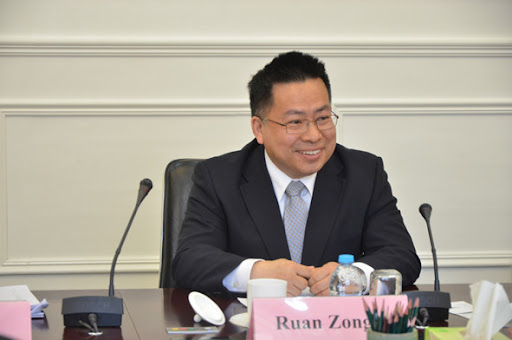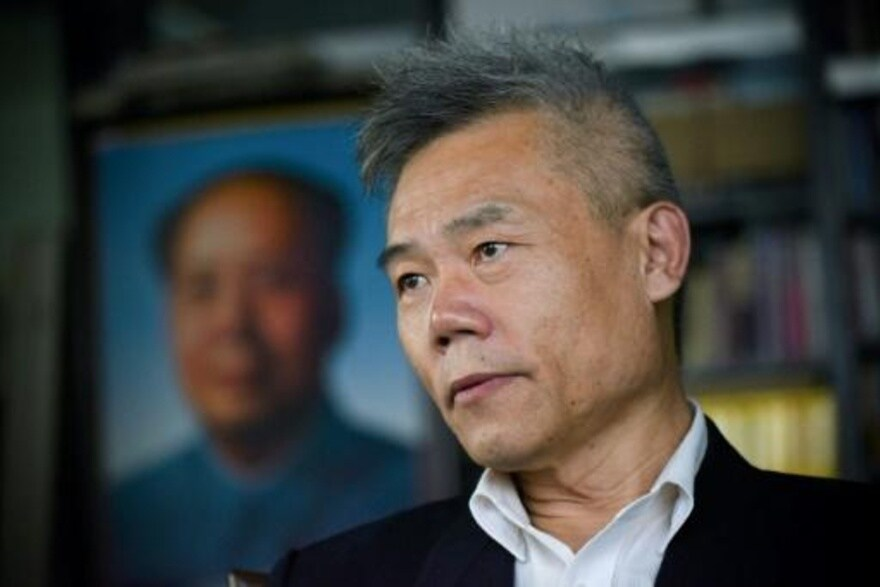
"The rise of one major country does not necessarily imply the decline of other major countries" - Wang Cungang of Nankai University School of Government provides an optimistic interpretation of Xi Jinping's "new type of major-power relations".
1/5
1/5

It's genuinely positive, in the sense that he sincerely wishes for China and the US to coexist and cooperate peacefully, rather than simply wishing for a revisionist global order with China at the helm, like other IR experts suggest. Excerpts:
2/
2/
"The traditional relationship between major powers has been essentially one of confrontation and conflict, with suppression and counter-control as the primary means of dealing with each other. The old logic should not and cannot be applied in the new world.
3/
3/
"To conform to the general trend of world development, the world's major powers should break the old and establish the new, and strive to build a new type of major-power relations.
4/
4/
"Mutual respect, strategic mutual trust, stable cooperation, and win-win progress should be at the heart of this unprecedented relationship between major powers...Today's world is undergoing major changes unseen in a century, and these major changes have nurtured a new hope."
5/5
5/5
As we prepare to enter the UN Climate Change Conference in Glasgow, I'd like to end on this positive note.
Link: aisixiang.com/data/129292.ht…
Link: aisixiang.com/data/129292.ht…
• • •
Missing some Tweet in this thread? You can try to
force a refresh











